“I Have A Mental Illness”= Generic, Vulnerable, People Judge You For It
“I have a mental illness”= generic, vulnerable, people judge you for it
“My bloodline is cursed to fight unseen demons”= heroic, fairy tale-esque, too weird to be open for further questioning
More Posts from Zeacat14 and Others
Could you maybe reblog this post if you think respecting trans peoples' names and identities is a basic right and not a political opinion?
No pressure. Just seeking some validation of my sentiment. Due to some. people
so there’s a dynamic that is at least true in my life and might be part of a much broader trend. I don’t know for sure whether this is widely applicable but I wanna throw it out there in case it is, or in case it just makes sense to others in some way that is useful.
the dynamic is this:
when I’m in spaces of predominately disabled people, and/or spaces in which accessibility is at the forefront of people’s minds, there is a default assumption that everyone is doing their best to be kind, and that our interpretation of others body language, manner of communication, etc. should always err on the side of assuming they are being genuine and engaged to the best of their ability, that there is nothing malicious going on.
In contrast, when i am in more general settings (esp places that do not forefront disability and accessibility) there is a default assumption that any atypical way of behaving or communicating indicates some level of negative emotion or underlying social/interpersonal tension.
I got thinking about this after I saw that post where a HoH person was mentioning someone immediately getting angry and defensive towards them for not hearing them and then immediately becoming apologetic when they were informed the person was deaf in one ear. And in the notes someone was defending the initial reaction of anger by saying that the person probably assumed they were being deliberately ignored.
It got me thinking about other things like this. I remember in middle school getting a quiz that was a blank seating chart and we needed to write down the full names of everyone in our class and where they sat. I stayed after class and asked if I could have extra credit to make it up because I have a very bad memory and do not remember names easily. The teacher told me that not remembering people’s names meant I did not respect them and that I needed to care about other people. I burst into tears having this stated so plainly that my inability was interpreted as cruelty.
I was thinking about how my wife is autistic and for her it takes conscious effort to make facial expressions and prefers to use as few words as possible to conserve that specific kind of energy. And I was thinking about how many stories she has of people assuming she didn’t want to be someone’s friend or was being passive aggressive or something just because she didn’t overly emote or because she used few words or texted K instead of “okay!! ☺️” or whatever.
I was thinking about how often physical inability to do things is cast as “laziness” and laziness carries the implication of feeling entitled to others’ work. I think about visibly physically disabled people who (for example) complain about service workers discriminating against them (e.g. a driver refusing to provide service when someone has a service dog or wheelchair) where people readily assume the disabled person holds a feeling of superiority and entitlement towards workers.
I was thinking about how the inability to pronounce things or to do certain tasks is immediately assumed to mean “not caring about” those things. The idea that if someone cancels last second due to a pain flare up or a mental illness trigger that they are enacting a deliberate cruelty towards the friend they cancelled on.
And then I was thinking about how…
disabled people who are not adept at the way that able society functions with a default assumption of malice are often bullied or made fun of specifically because they assume good faith from other people by default.
Someone asks them out and they assume the person is being honest because their default is to assume good faith. Someone asks them what they mean when they say a common word and they give an in-depth explanation about what it means and everyone laughs because “obviously we know what it means, we were just fucking with you.” Someone asks a question and they assume they want to know the answer to the question, and then find out it was a trick question or a social test and there was already a “right answer” and “wrong answer.” Someone doesn’t respond to them so they repeat their question over again, or write it down and give it to them, or try to find alternate means to communicate, and then the person says “I dont want to talk to you, take the hint!”
Like there just seems to be this dynamic at play where broad accessibility really does require an effort to assume good faith and default to kindness, but functioning in the rest of the world requires constant suspicion and always looking for ways in which people might be trying to be mean for some reason.
And I do think that in scenarios like the HoH person described in that post, where the only information someone has is that they said something and the other person didn’t respond—of course after a lifetime of people being mean we might suspect someone being mean, but like if we have to choose one default or the other with a stranger—why can’t the default be assuming good faith? Like can’t we please be kind as our default? I feel like adapting to a default of assuming unkindness and social tricks should not be expected of disabled people. This is something where rest of the culture needs to make an effort adapt to defaulting to kindness and patience.
Sure maybe someone is being an asshole, but you don’t have to be. if you assume someone just didn’t hear you and repeat yourself or write it down and someone is mean to you about it, you didn’t do anything wrong! The person being an asshole (about you simply trying to communicate and assuming kindness) is clearly the one messing up that social interaction. We should all give each other grace.

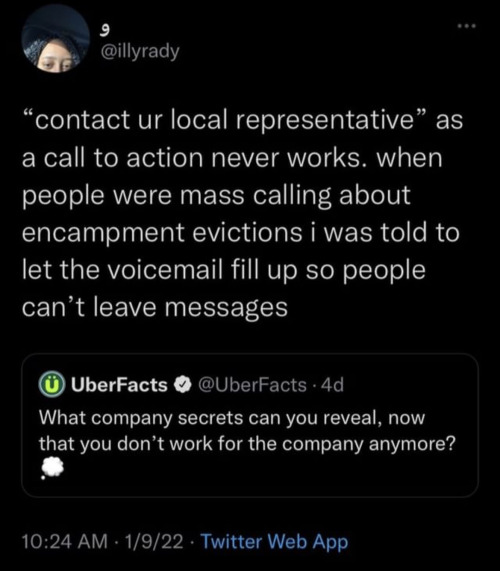
"homosexuality is unnatural! there's only two genders! it's a sin-"
I'm sorry, have you seen NATURE???
















and there's so many more species than this that exhibit homosexuality, varying genders, etc. SO! MANY!
it's very much a natural thing. it always has been. unfortunately, while homosexuality is found in many species, homophobia is only found in one
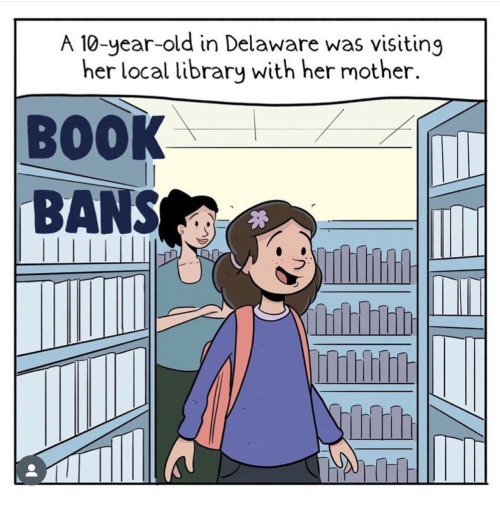
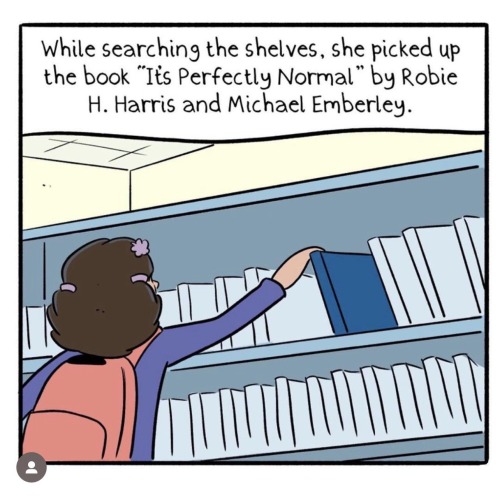
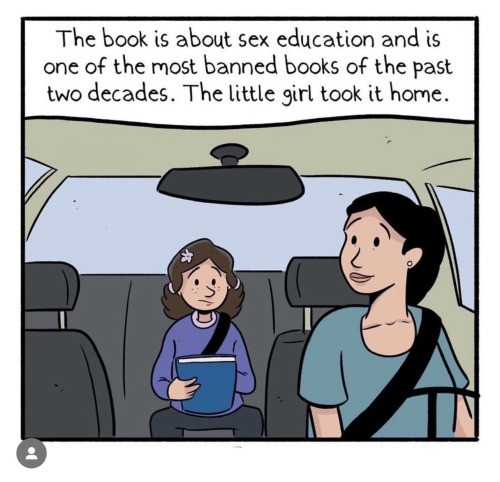
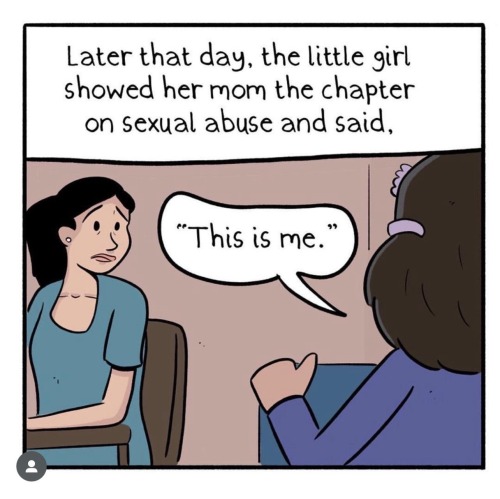

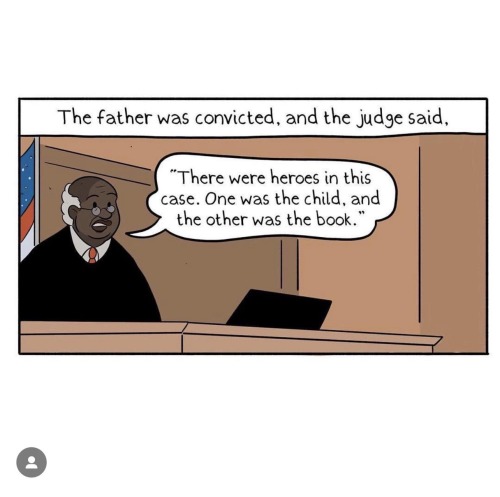

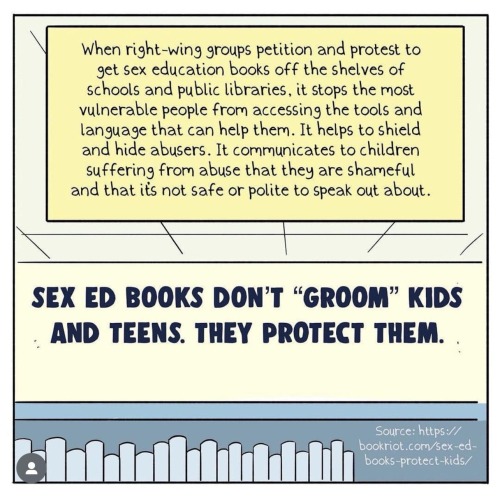
drew this little creature last month and forgot that I can actually post things on tumblr

it's a dragonfish! Not entirely anatomically accurate, I fear.
The black dragonfish (Idiacanthus atlanticus) is found in subtropical and temperate oceans and as deep as 6,600 feet (2,000 meters).
Females are up to 16 in (40 cm) long, and males are only 2 in (5 cm). They are bioluminescent and produce a blue-green light from a photophore on the end of their barbel (the string-like thing on their chin) and patches on their sides.
The world is so hostile to tweens.....
Like we joke about how our schools growing up would ban the latest toy trends, but that reality genuinely horrific when you think about it. Like maybe 1% of the bans were based on safety, but the rest cited reasoning like
-"kids were bartering for collectibles" (kids learning about economics and product value)
-"kids were wearing them and the colors were too flashy" (kids experimenting with self expression and fashion)
-"kids were playing with them during lunch and recess instead of using our rusted safety hazard playground" (kids utilizing their free time to do what helps *them* unwind).
Play areas specifically geared towards children and especially towards teens are constantly being shut down. "Oh kids today are always on their phones!" Maybe because
-there are barely any arcades left and even less arcades that aren't adult-oriented,
-public pools and gyms are underfunded and shut down,
-"no loitering" laws prevent kids and teens from just hanging out,
-movie theatres only play the latest films and ticket prices are only rising,
-parks and playgrounds are either neglected or replaced with gear only directed at toddlers and unsuitable for anyone older
-genuine children's and young teen media is being phased out in favour of media directed only at very small children or older teens and adults.
-suburbs and even cities are becoming more and more hostile to pedestrians, it's just not safe for kids to walk to or ride their bikes to their friends' houses or other play destinations
Children's agency is hardly ever respected. Kids between the ages of 9-13 are either treated as babies or as full-grown adults, with no in-between. When they ask to be given more independence, they are either scoffed at or given more responsibilities than are reasonable for a child their age.
This is even evident in the fashion scene.
Clothing stores and brands like Justice and Gap are either closing or rebranding to either exclusively adult clothing or young children's clothes, with no middle ground for tweens. Tweens have to choose between clothes designed for adults that are too large and/or too mature for their age and bodies, or more clothes they feel are far too childish. For tween girls especially it's either a frilly pinafore dress with pigtails or a woman's size dress with cleavage. No wonder tween girls these days dress like they're older, it's because their other option is little girl clothes and they don't want to feel childish.
And then when tweens go to school, the books they want to read aren't available because they cover "mature" topics (read: oh no two people kissed and they weren't straight or oh no menstruation was mentioned or oh no a religion other than Christianity is depicted), so kids are left with books for way below their reading level. No wonder kids today are struggling with literacy, it's because they can't exercise and expand their reading skills with age-appropriate books. Readers need to be challenged with new words and concepts in order to grow in their skills, only letting tween read Dr. Seuss and nursery rhymes doesn't let them learn.
Discussions about substance use, reproduction, and sexuality aren't taught at an age-appropriate level in school or even by children's parents, so they either grow up ignorant and more vulnerable to abuse, or they seek out information elsewhere that is delivered in a less-than-age-appropriate manner. It shouldn't be a coin-toss between "I didn't know what sex was until I was 18 and in college" or "my first exposure to sex as a tween was through porn" or "I didn't know what sex was so I didn't know I was being sexually abused as a kid."
Tweenhood is already such a volatile and confusing time for kids, their bodies are changing and they're transitioning from elementary to middle to high school. It's hard enough for them in this stage, but it's made worse by how society devalues and fails them.
We talk about the disappearance of teenagehood, and maybe that's gonna happen in the future, but the erasure of tweenhood is happing in real time, and it's having and going to have major consequences for next generation's adults.
if there's a stairway to heaven is there also a stairway to hell or is it an elevator that breaks down and traps you 10 times in the way.
-
 aeiounico liked this · 4 weeks ago
aeiounico liked this · 4 weeks ago -
 dumbasseryunfoundeded reblogged this · 1 month ago
dumbasseryunfoundeded reblogged this · 1 month ago -
 dumbasseryunfoundeded reblogged this · 1 month ago
dumbasseryunfoundeded reblogged this · 1 month ago -
 cheeselovingbloodyfella liked this · 2 months ago
cheeselovingbloodyfella liked this · 2 months ago -
 h-didanart reblogged this · 2 months ago
h-didanart reblogged this · 2 months ago -
 h-didanart liked this · 2 months ago
h-didanart liked this · 2 months ago -
 arinasky liked this · 2 months ago
arinasky liked this · 2 months ago -
 wizard-crow reblogged this · 2 months ago
wizard-crow reblogged this · 2 months ago -
 catparty41 reblogged this · 2 months ago
catparty41 reblogged this · 2 months ago -
 catparty41 liked this · 2 months ago
catparty41 liked this · 2 months ago -
 startheoverseer reblogged this · 2 months ago
startheoverseer reblogged this · 2 months ago -
 mygenderfluidass liked this · 2 months ago
mygenderfluidass liked this · 2 months ago -
 tf-problemchild-central reblogged this · 2 months ago
tf-problemchild-central reblogged this · 2 months ago -
 seraphim-seeker reblogged this · 2 months ago
seraphim-seeker reblogged this · 2 months ago -
 seraphim-seeker liked this · 2 months ago
seraphim-seeker liked this · 2 months ago -
 weirdcoregal35 reblogged this · 2 months ago
weirdcoregal35 reblogged this · 2 months ago -
 weirdcoregal35 liked this · 2 months ago
weirdcoregal35 liked this · 2 months ago -
 bittyfromquotev liked this · 2 months ago
bittyfromquotev liked this · 2 months ago -
 mothgutz236 reblogged this · 2 months ago
mothgutz236 reblogged this · 2 months ago -
 mothgutz236 liked this · 2 months ago
mothgutz236 liked this · 2 months ago -
 multifandomcutie13 reblogged this · 2 months ago
multifandomcutie13 reblogged this · 2 months ago -
 multifandomcutie13 liked this · 2 months ago
multifandomcutie13 liked this · 2 months ago -
 a-mystic-sheep reblogged this · 3 months ago
a-mystic-sheep reblogged this · 3 months ago -
 artist--unkn0wn reblogged this · 3 months ago
artist--unkn0wn reblogged this · 3 months ago -
 artist--unkn0wn liked this · 3 months ago
artist--unkn0wn liked this · 3 months ago -
 axrandom liked this · 3 months ago
axrandom liked this · 3 months ago -
 nyahiguess liked this · 3 months ago
nyahiguess liked this · 3 months ago -
 isabel3710 reblogged this · 3 months ago
isabel3710 reblogged this · 3 months ago -
 luxaii liked this · 3 months ago
luxaii liked this · 3 months ago -
 princessfaerygia reblogged this · 3 months ago
princessfaerygia reblogged this · 3 months ago -
 shyspice liked this · 3 months ago
shyspice liked this · 3 months ago -
 a-mystic-sheep liked this · 3 months ago
a-mystic-sheep liked this · 3 months ago -
 amugeona382 reblogged this · 4 months ago
amugeona382 reblogged this · 4 months ago -
 roomba-mangga reblogged this · 4 months ago
roomba-mangga reblogged this · 4 months ago -
 inheritedwill731 liked this · 4 months ago
inheritedwill731 liked this · 4 months ago -
 generalkiddelusion-blog liked this · 5 months ago
generalkiddelusion-blog liked this · 5 months ago -
 orangejuiceandpeaches reblogged this · 5 months ago
orangejuiceandpeaches reblogged this · 5 months ago -
 orangejuiceandpeaches liked this · 5 months ago
orangejuiceandpeaches liked this · 5 months ago -
 aicant liked this · 6 months ago
aicant liked this · 6 months ago -
 thegoodduckfan liked this · 6 months ago
thegoodduckfan liked this · 6 months ago -
 azarath-cat liked this · 6 months ago
azarath-cat liked this · 6 months ago -
 theoryofweirdness reblogged this · 6 months ago
theoryofweirdness reblogged this · 6 months ago -
 theoryofweirdness liked this · 6 months ago
theoryofweirdness liked this · 6 months ago -
 chronicangel liked this · 6 months ago
chronicangel liked this · 6 months ago -
 surface-concept liked this · 6 months ago
surface-concept liked this · 6 months ago -
 the-orion-scribe reblogged this · 6 months ago
the-orion-scribe reblogged this · 6 months ago -
 the-orion-scribe liked this · 6 months ago
the-orion-scribe liked this · 6 months ago -
 victims-of-love liked this · 6 months ago
victims-of-love liked this · 6 months ago -
 moralsofanalleycatsposts reblogged this · 6 months ago
moralsofanalleycatsposts reblogged this · 6 months ago

a mix of reblogs and drawings (traditional and digital, probably lots of fish) she/her
64 posts
